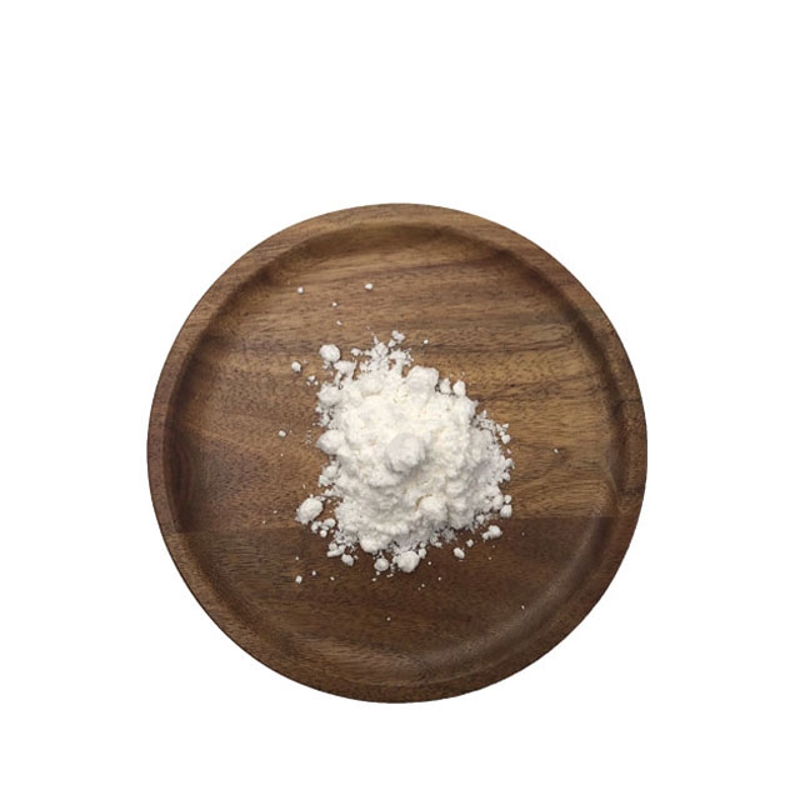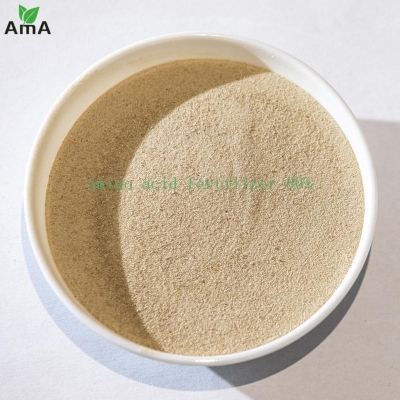How to extend the service life of liquid chromatography system by filtration
-
Last Update: 2018-10-17
-
Source: Internet
-
Author: User
Search more information of high quality chemicals, good prices and reliable suppliers, visit
www.echemi.com
Liquid chromatography (HPLC) is an analytical method developed on the basis of classical liquid chromatography Because of its fast sample analysis speed, it is called liquid chromatography At present, it has been widely used in biology, medicine, organic chemistry, food and beverage, environmental monitoring and many other fields The liquid chromatography analyzer is generally composed of injector, degasser, pump, chromatographic column, column temperature box, detector and other components, as shown in Figure 1 The principle is: the substance to be detected is injected into the chromatographic column with the mobile phase, and it is separated in the chromatographic column due to the different interaction forces between different types of substance to be detected and the stationary phase, and then different peak signals are obtained through the detector Fig 1 liquid chromatography analyzer Fig liquid chromatography analyzer is a precise and expensive analysis system, so it is particularly important to standardize operation and reasonable maintenance so as to achieve the long life of each component Here I recommend microporous filtration to extend the service life of each component (1) As the carrier of the substance to be tested, the filter mobile phase of the mobile phase will pass through the degasser, high-pressure infusion pump, sample injector, chromatographic column in turn, and then enter the detector The quality of mobile phase will directly affect the service life of related components If the mobile phase is not filtered, the particles in the mobile phase will enter the system, resulting in the blockage or damage of the small hole pipe, chromatographic column and high-pressure infusion pump It is recommended that the mobile phase be filtered by 0.45 μ m or 0.22 μ m pore diameter Φ 47mm filter membrane matched with glass filter before use It can also be filtered by a Φ 33mm needle filter with the same aperture In addition to removing fine particles, mobile phase filtration can also remove small bubbles, reduce the burden of degasser, and reduce the fluctuation in the analysis process (2) There are many kinds of samples to be tested by liquid chromatography, and the particle content and size distribution of different samples are also very different If the sample is injected directly without filtration, the chromatographic column will be blocked in a short period of time, resulting in the increase of column pressure and the sharp decrease of service life, as shown in Figure 2 Therefore, it is recommended to use a needle filter with an aperture of 0.45 μ m or 0.22 μ m to filter the sample before injection Generally, according to the volume of the sample to be treated, a needle filter of suitable specification can be selected for treatment The filtration capacity of Φ 5mm is smaller (< 1ml), and the retention volume is smaller (< 15 μ L); the filtration capacity of Φ 13mm is larger (< 10ml) than the former; the filtration capacity of Φ 25mm is larger (< 80ml) The needle filter with glass fiber or PP pre filter layer can be selected for the sample with large particle load Fig 2 Relationship between chromatographic column pressure and filtration Filtration of mobile phase and sample to be tested according to the above suggestions can greatly guarantee the service life of liquid chromatography Precautions for filtration: (1) please select the appropriate membrane according to the chemical compatibility table (2) Please pay attention to the hydrophobicity of the membrane For example, due to its strong hydrophobicity, hydrophobic PTFE is recommended to filter organic solvents but not aqueous solutions (3) Because the filter or the filter membrane itself may have the dissolution of interfering substances in UV absorption, and the chromatographic peak generated by the dissolution of interfering substances is too large, it will interfere with the analysis and judgment of experimental data Therefore, it is strongly recommended that the user should give priority to the manufacturers that have verified the dissolution of interfering substances in UV absorption of filter or membrane, such as anow, millipore, Whatman, etc.
This article is an English version of an article which is originally in the Chinese language on echemi.com and is provided for information purposes only.
This website makes no representation or warranty of any kind, either expressed or implied, as to the accuracy, completeness ownership or reliability of
the article or any translations thereof. If you have any concerns or complaints relating to the article, please send an email, providing a detailed
description of the concern or complaint, to
service@echemi.com. A staff member will contact you within 5 working days. Once verified, infringing content
will be removed immediately.







